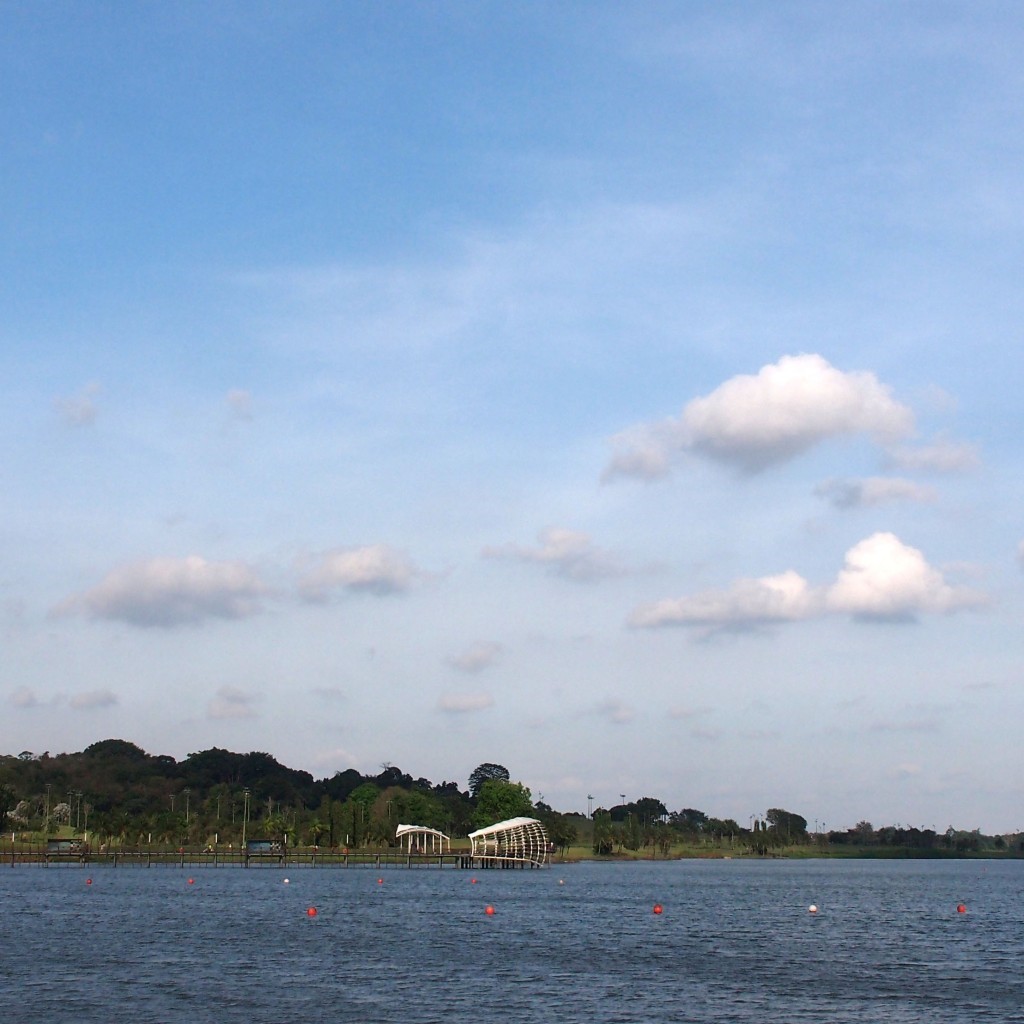Money or Morals? How to Get People to Save Water
April 2, 2019

Historically, Singapore has sought to bolster its water security through various means. The government has signed water agreements with Malaysia, constructed water catchment areas such as reservoirs, and invested heavily in water treatment and desalination technologies. In line with previous efforts, the government plans to reduce water use from 143 litres to 130 litres per capita per day by 2020. How should Singapore go about achieving this goal? Assistant Professor Leong Ching (Institute of Water Policy, Lee Kuan Yew School of Public Policy) and Professor Lorenz Goette (NUS Department of Economics) found in a study that normative incentives are as powerful as economic incentives in encouraging households to conserve water.
The study recruited 1000 households living in Housing Development Board (HDB) flats in Ang Mo Kio and tracked their water consumption levels for three months. Dr Leong and Prof Goette divided the sample population into four groups. Two groups were given normative incentives – households in the first group were ranked against other households in their neighbourhood regarding their water usage, while households in the second group were exposed to campaign messages. The other two groups were given economic incentives in the form of grocery vouchers ranging from 10 to 200 dollars.
It was found that all four treatments had significant effects in reducing water use. More importantly, adding on economic incentives to normative incentives produced no additional effect, possibly due to the price inelasticity of water demand. This implies that normative incentives are comparable to economic ones, prompting the research team to assert that the former should have a more central place in policymaking.
Despite broad consensus of the importance of environmental conservation, wastage remains a problem today. Dr Leong and Prof Goette believe that their experiment gives hope that most Singaporeans want to ‘do the right thing’ with regards to conservation of environmental resources and it is up to governments, as well as scholars and scientists, to capitalise on these moral aspirations.
Read the article here.
